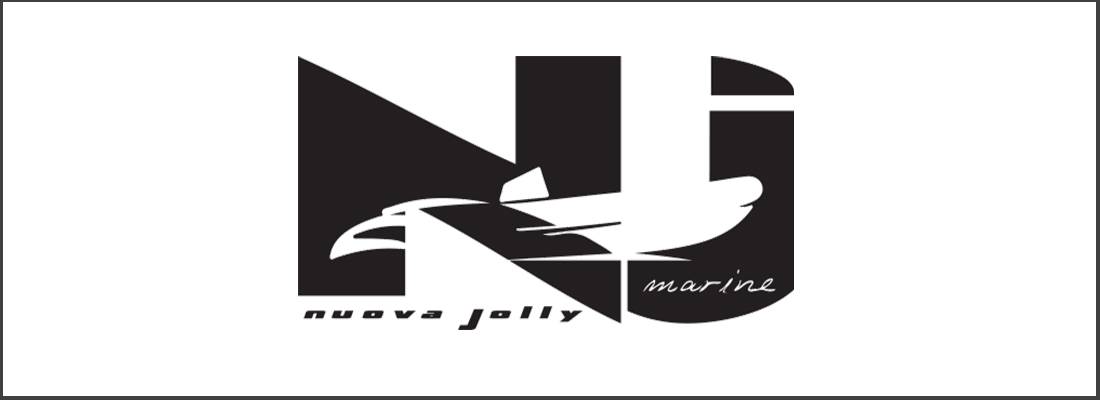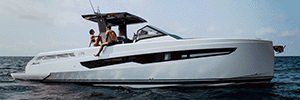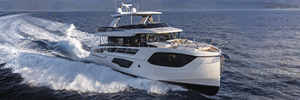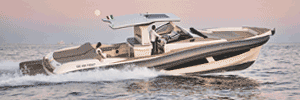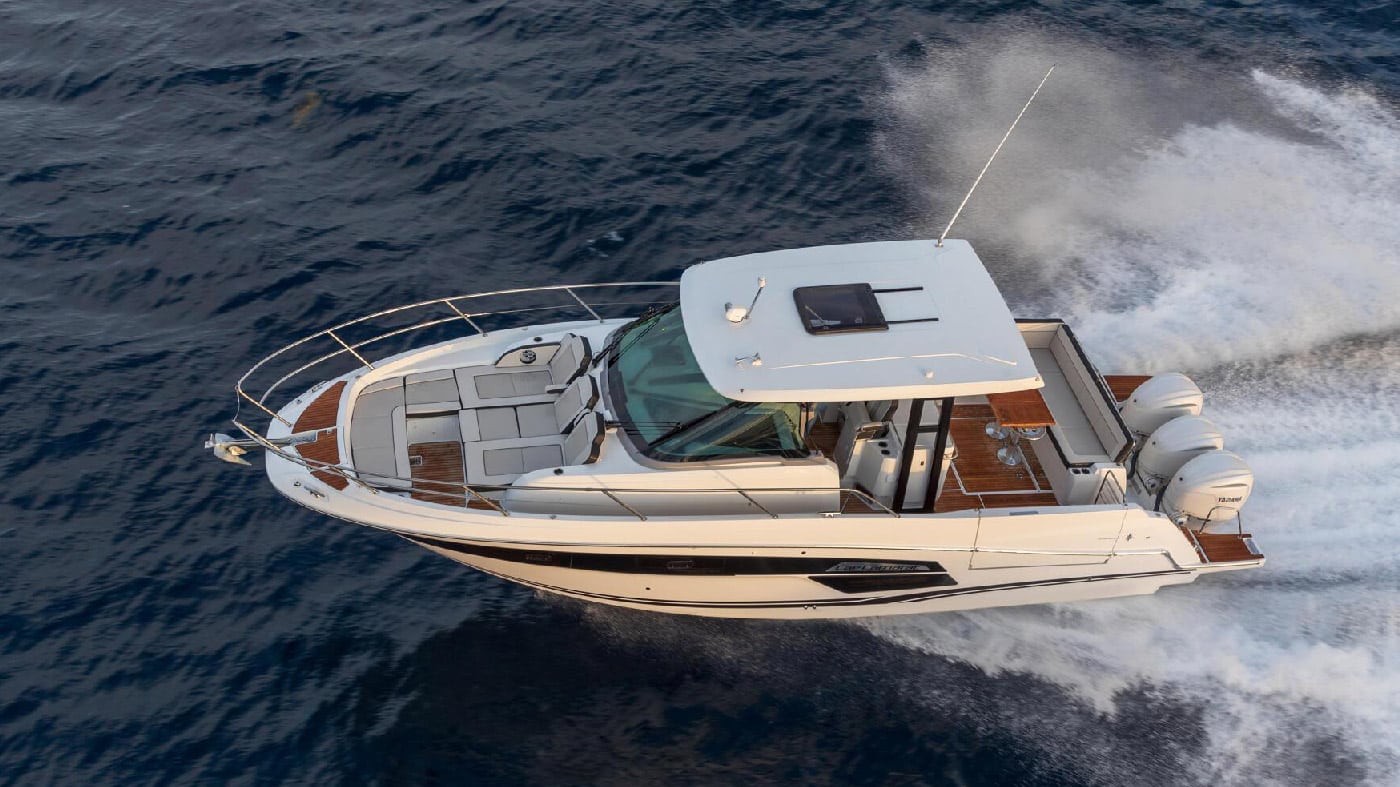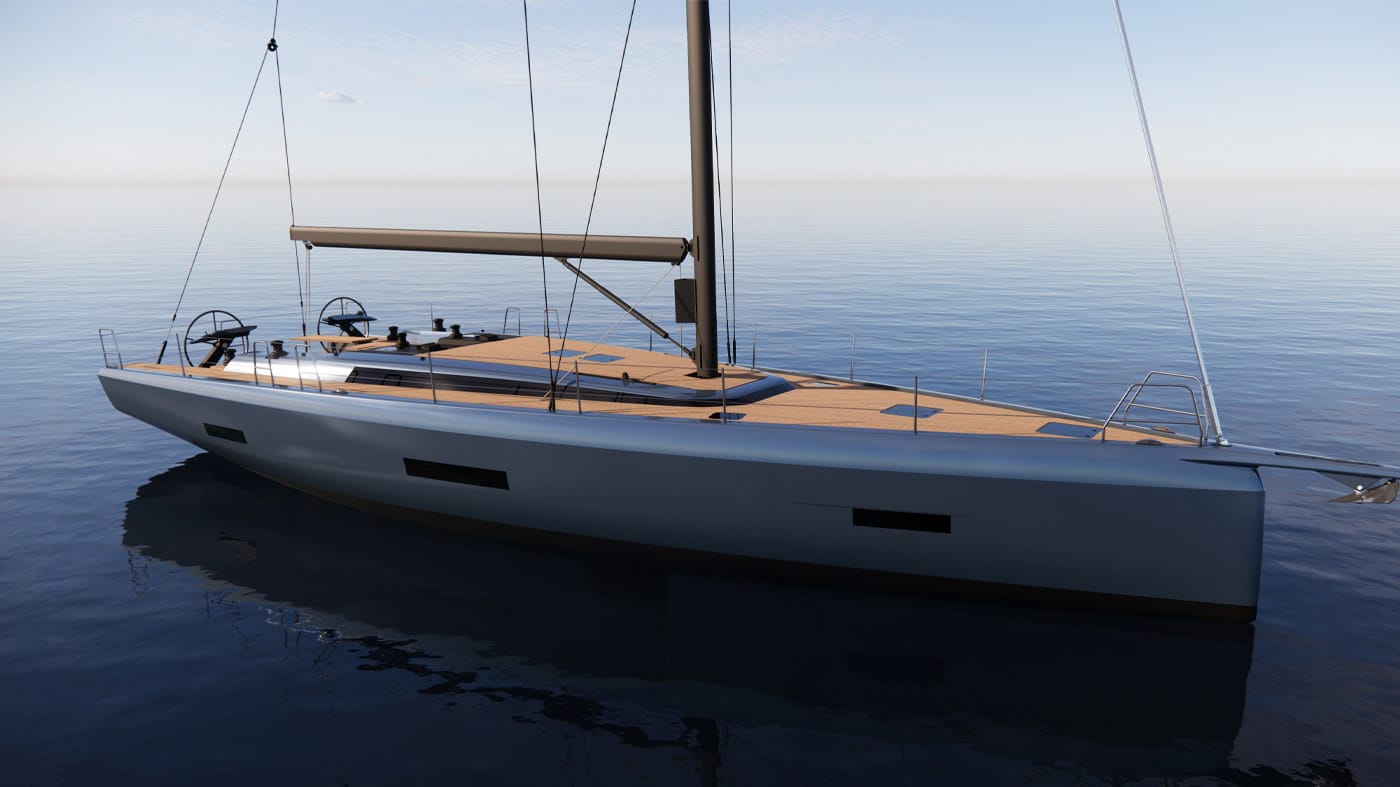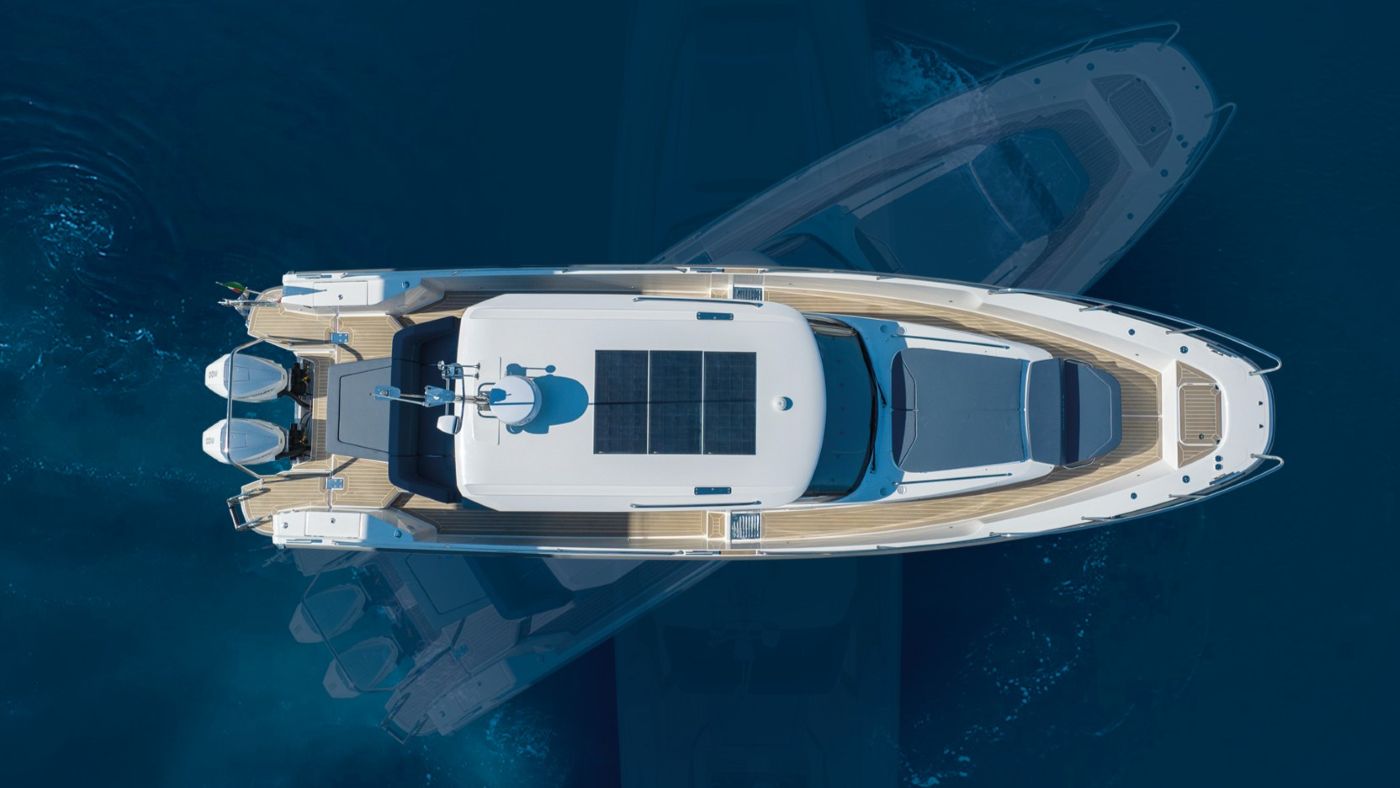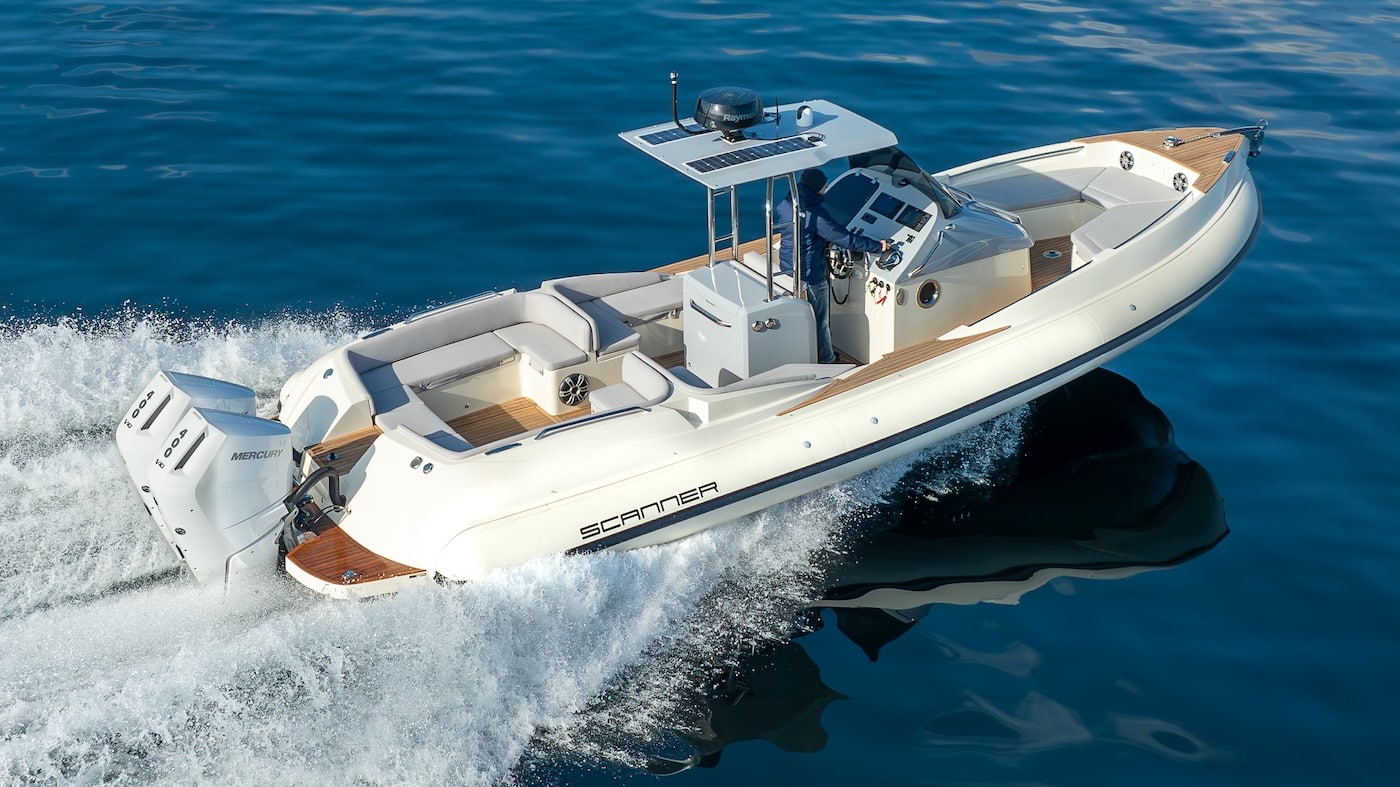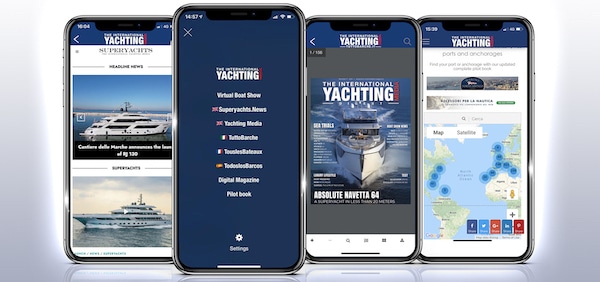Leggi l’articolo in italiano
Let’s admit it: who can really say to not ever felt a certain curiosity in observing other people’ mooring maneuvers? Maybe sat at a coffee bar in the marina, while sipping a beer and after draining the excitement of our maneuver.
Some people, at these moments, show the worst of them, enjoying other people’s mistakes and with that satisfaction coming from the idea ” I would have avoided such a trouble”.
In most cases, however, sailors develop a strange sense of solidarity together with a certain narcissistic 
That’s the worst moment for the sailor who is mooring with some troubles, eaten by the typical novice’s doubts and uncertainties.
The unfortunate person finishes at the mercy of a shouting horse of ship captains in shorts and thongs shouting some advice so authoritative that they seem to be issued by the war ministry of the former Soviet Union. Whirling arms indicate directions, they exemplify corners and they point at ropes and mooring posts in a random order and with so much contradiction they could even confuse Straulino, a great expert of the field.
But…
But a help on the dock is useful and appropriate but only if given with courtesy, friendliness and discretion. Qualities that grow over time, when sailors become more expert and safer and they remember that they, too, have felt “ I’m gambling my future with this mooring” .
So, if we want to give a hand, we have to understand who is arriving at the mooring. If he’s an expert, we should limit to receive his ropes and put them in a ring or around a bitt or give a hand with the mooring post.
If, on the contrary, the captain is a novice or a hesitant or fearful person, we should avoid any shouted advice or order. This because the novice is probably forgetting all he has learned and the simple fact to see a person moving a fender in the boat next to the post he wants to occupy is a vitamin for his anxiety.
If the skipper asks for our advice or help, it’s clear that we can intervene. If his request is not so explicit but our presence in a collaborative attitude provokes in his face a sort of relief , we will start to speak to him with calm, by pointing to the most important information: speed.
If he is too slow, his boat won’t be able to maneuver. If the situation is particularly serious, we can suggest to stay stationary and warp the boat.
If, on the contrary, we provide him with some precise indications but he has a slow or absent reaction, we mustn’t repeat them louder and louder. The captain might has decided to not follow our advice and our harrassment could only increase tension. Finally, try to let the others understand that it’s better that only one person speaks, in order to avoid a chorus of contradictory opinions.
In many cases, our presence at the dock will be sufficent to calm down the soul and mind of the person coming to the mooring and a fore rope given at the right moment will be able to reduce tension better than any other not-required advice.











